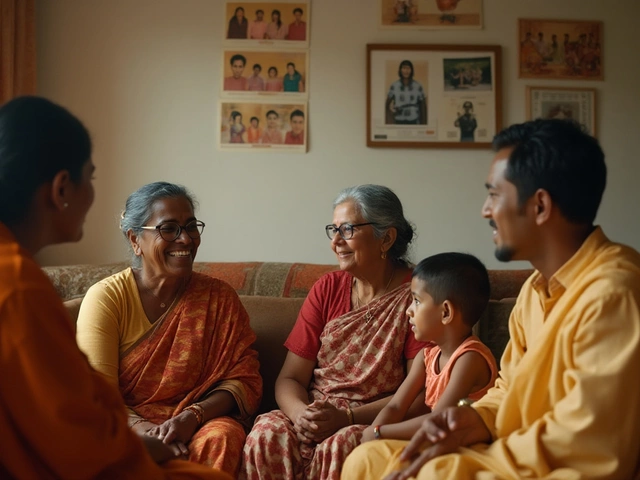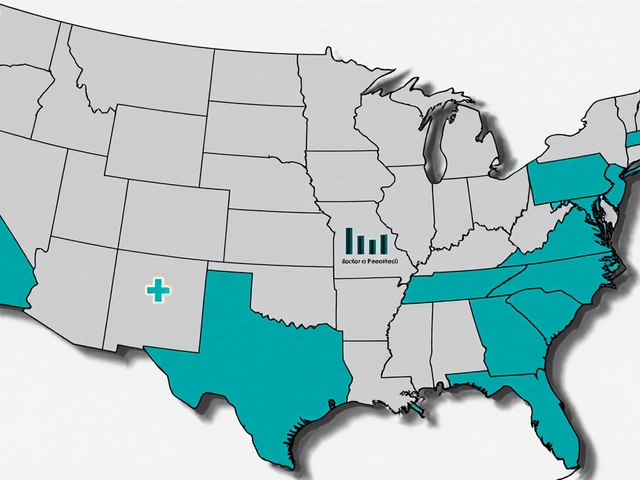Aggressive Cancer Types – Quick Guide
When you hear "aggressive cancer," you probably picture a disease that spreads fast and makes treatment tough. Those tumors don’t wait for routine check‑ups – they grow quickly, invade nearby tissue, and often spread to other organs early. Understanding which cancers behave this way helps you act fast, ask the right questions, and possibly improve outcomes.
Common Aggressive Cancers
Not all cancers are created equal. Some of the most aggressive types include:
- Pancreatic adenocarcinoma – often diagnosed late because early symptoms are vague.
- Small‑cell lung cancer (SCLC) – spreads within weeks, making early detection critical.
- Glioblastoma multiforme – the worst brain tumor, it invades surrounding brain tissue rapidly.
- Triple‑negative breast cancer – lacks hormone receptors, grows fast, and has fewer targeted therapies.
- Acute leukemias (e.g., AML, ALL) – blood cancers that can double in size within days.
These cancers share a high proliferation rate, a tendency to metastasize early, and often a lower five‑year survival rate compared to slower‑growing forms.
How to Detect and Deal with Aggressive Tumors
Early warning signs differ per organ, but there are general red flags: unexplained weight loss, persistent pain, sudden changes in organ function, or a lump that grows fast. If any of these appear, push for imaging (CT, MRI, PET) or a biopsy sooner rather than later.
Once diagnosed, treatment usually involves a combination of surgery, high‑intensity chemotherapy, and sometimes radiation. Clinical trials are a good option because they often test newer drugs designed for fast‑growing tumors. Ask your oncologist about trial eligibility – it’s a conversation worth having.
Because aggressive cancers can evolve quickly, staying on top of follow‑up appointments is non‑negotiable. Blood work, scans, or symptom check‑ins every few weeks may feel exhausting, but they catch recurrence early when it’s still manageable.
Support matters too. Aggressive cancers can bring emotional strain, so connecting with counseling, therapy, or patient groups can keep you grounded. A solid support system often improves adherence to treatment schedules.
Finally, lifestyle tweaks—like quitting smoking, limiting alcohol, and eating a balanced diet rich in fruits and vegetables—won’t cure the disease, but they can boost overall resilience and help you tolerate intensive therapies better.
Bottom line: aggressive cancer types demand rapid action, vigilant monitoring, and a proactive mindset. Stay informed, ask tough questions, and lean on both medical and personal support. The more you know, the better you can steer your care path.

Deadliest Types of Cancer: What Makes Some Cancers So Devastating?
Find out what makes some cancers the worst. Learn about deadliest cancer types, survival rates, symptoms, and real facts that matter if you're worried about cancer today.




